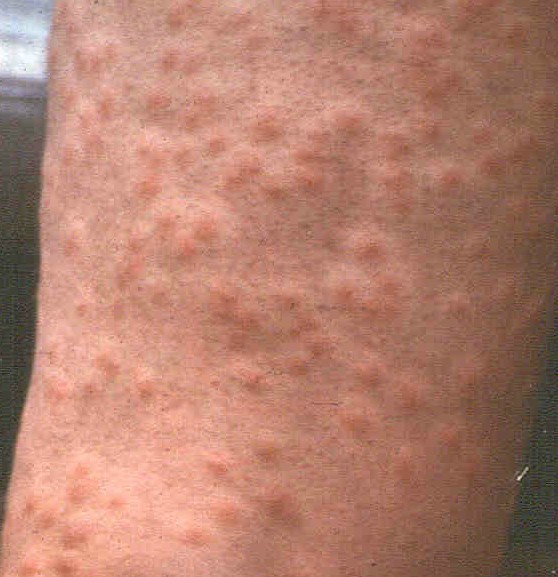

When chlorine reacts to trace amounts of organic matter such as urine and sweat that may be on your skin when you enter the pool, that generates gaseous byproducts called chloramines. In addition to taking a cleansing shower before entering the pool, you should shower or rinse after every swim. Your doctor or an allergist can run tests to reveal the root of the problem and may be able to prescribe treatments, such as a corticosteroid cream, that can soothe irritated skin. Second, anytime you develop signs of an allergy or sensitivity, it’s a good idea to check in with your doctor to make sure there’s not a more serious health issue at work. Visit your doctorįirst, if you’re having a severe allergic reaction to anything, seek immediate emergency care. If you feel like you’ve developed a sensitivity or an allergy to chlorine, there are a few things you can do to limit its impact so you can continue swimming. Sensitivity to chlorine can actually worsen over time with long-term exposure. It can be a fine line of distinction between allergy and sensitivity reaction, and for many people, exposure to chlorine can lead to uncomfortable and unsightly skin symptoms, sneezing, coughing, and eye irritation. Studies have suggested that frequent swimming in chlorinated pools and exposure to cleaning products containing chlorine may increase the risk of developing asthma and other respiratory allergies, both in adolescents and in adults.” That said, the ACAAI notes that chlorine exposure may “indirectly contribute to allergies by irritating and sensitizing the respiratory tract. Chlorine is also drying to the skin and can irritate existing dermatitis.” This is not an allergy but is actually ‘irritant dermatitis’ (like a chemical burn), caused by hypersensitivity to this natural irritant. “Chlorine reactions may include itchy, red skin or hives (itchy bumps).

As such, many people refer to this as a “chlorine allergy.”īut the American College of Allergy, Asthma & Immunology states this sensitivity to pool chemicals isn’t a true allergy.

In severe cases, an allergic reaction can be deadly.įor some folks out there, swimming in a chlorinated pool can trigger a bunch of symptoms, including itchy, watery eyes, rashes, hives, or dry, itchy skin. For many people, pet dander, pollen, foods, or dust can trigger such responses. These can include hives, itching and redness of the skin, sneezing, or watering eyes. Your immune system is responding to a trigger in the environment that it believes to be a pathogen and as such, certain annoying, persistent symptoms may emerge. When your immune system overreacts to a substance your body has become hypersensitive to, that’s an allergy.


 0 kommentar(er)
0 kommentar(er)
